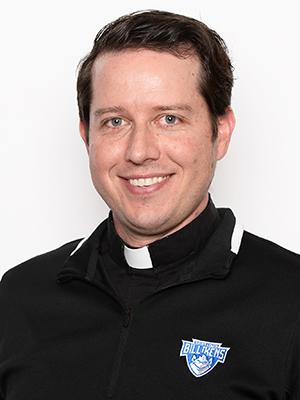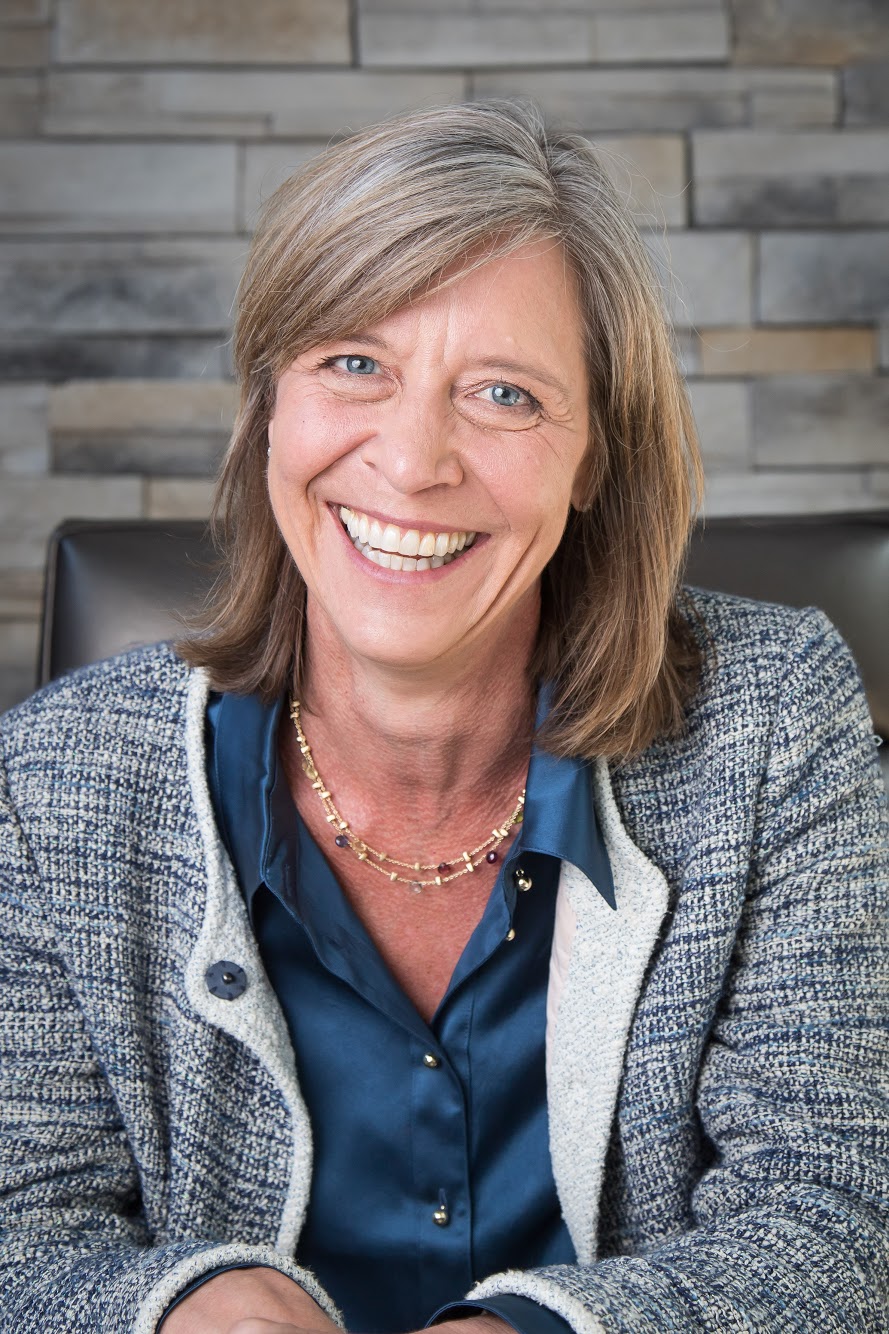

Instructors

Michael Rozier, SJ, PhD
St. Louis University
Michael Rozier is the Chair of the Department of Health Management and Policy at Saint Louis University, with a secondary appointment in the Gnaegi Center for Health Care Ethics. Rozier has earned graduate degrees in philosophy from the University of Toronto, in international health from Johns Hopkins University, and in moral theology from Boston College. He earned his PhD in Health Management and Policy from University of Michigan. Rozier was the founding director of the undergraduate degrees in Public Health and Health Management at SLU. His research focuses on the ethics of population health, the use of moral rhetoric in health policy, and the influence of health technology on people's self-identity. In 2008, Rozier served as an ethics fellow with the World Health Organization in Geneva, Switzerland and in 2019, he served as a GeoEthics Fellow with the American Geographical Society. Rozier serves on the board of directors of SSM Health Corporation and on the board of trustees of Marquette University.

Julie Robbins, PhD
The Ohio State University
Julie Robbins is a healthcare practitioner turned academic who is passionate about developing the next generation of healthcare leaders. As a faculty member at Ohio
State, she was director of the Master of Health Administration (MHA) program
for eight years. She teaches leadership, management and strategy. Julie’s
scholarship is practice-oriented, focused largely on ways in which healthcare
management educators and practitioners alike can best work together to develop
healthcare leaders. Beyond Ohio state, Julie has or currently serves in leadership roles for several national organizations including the Commission on Accreditation of Healthcare Management Education, the National Council on Administrative Fellowships, and the Association of University Programs in Health Administration. Prior to her academic career, Julie had over 15 years healthcare management experience where she held leadership roles and was responsible for strategy development in a variety of public and private sector health care organizations in Columbus, Ohio and New York City. Julie earned her both her MHA and PhD at The Ohio State University.
Duration
3.5 Hours
This course was offered in person immediately following AUPHA's 2023 Annual Meeting.
This course was offered in person immediately following AUPHA's 2023 Annual Meeting.
Learning Objectives
- Explain the value of integrating health administration practice into coursework at undergraduate, masters, and doctoral levels.
- Identify multiple resources within their academic and practice network with whom they could partner for integrative efforts.
- Generate several potential activities/experiences within their own courses that further the integration of health administration practice.
Course Description
This
course will explore how practice and practitioners can be integrated into several
different components of courses. In particular, we will discuss the role,
considerations, and strategies for integrating practice and practitioners through
readings and other course pre-work, in-class activities, guest lectures, and
assignments.
The course will also model practice / practitioner integration by including some of the strategies considered as part of pre-work, in-course work, and follow-up. The course will consider differences in how practice / practitioners might be included at the undergraduate and graduate levels. The course will explore how to ensure that such integration is done in a way that a) fosters representation and belonging and b) considers how to accommodate increasingly remote education environments and workplaces.
After completing this course, learners will understand the value in integrating practice/practitioners into coursework and be able to articulate when it is most helpful to do so. They will also know the most common points in a course where this can occur and be able to name several approaches to achieve this integration. Finally, learners will have begun building a list of available resources within their network that they can draw upon to effectively integrate practice or practitioners in their courses in a way that advances an inclusive and representative learning environment for their students.
The course will also model practice / practitioner integration by including some of the strategies considered as part of pre-work, in-course work, and follow-up. The course will consider differences in how practice / practitioners might be included at the undergraduate and graduate levels. The course will explore how to ensure that such integration is done in a way that a) fosters representation and belonging and b) considers how to accommodate increasingly remote education environments and workplaces.
After completing this course, learners will understand the value in integrating practice/practitioners into coursework and be able to articulate when it is most helpful to do so. They will also know the most common points in a course where this can occur and be able to name several approaches to achieve this integration. Finally, learners will have begun building a list of available resources within their network that they can draw upon to effectively integrate practice or practitioners in their courses in a way that advances an inclusive and representative learning environment for their students.
View all Art of Teaching Institute Courses
Here
